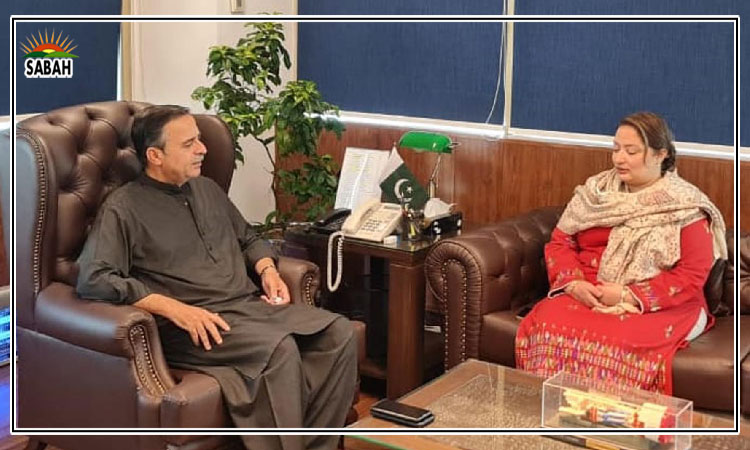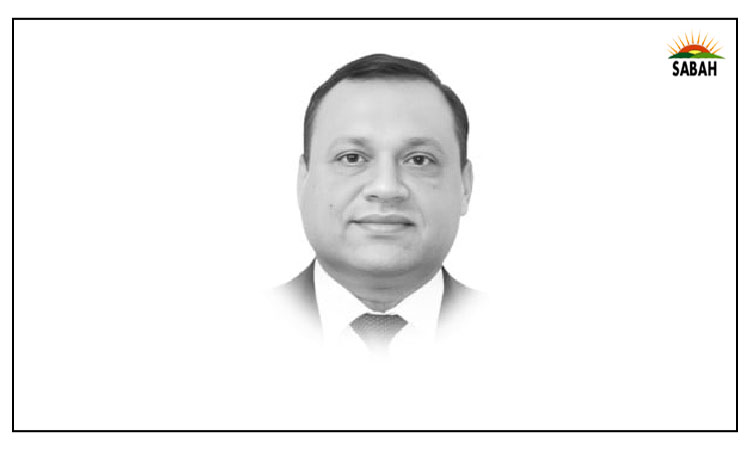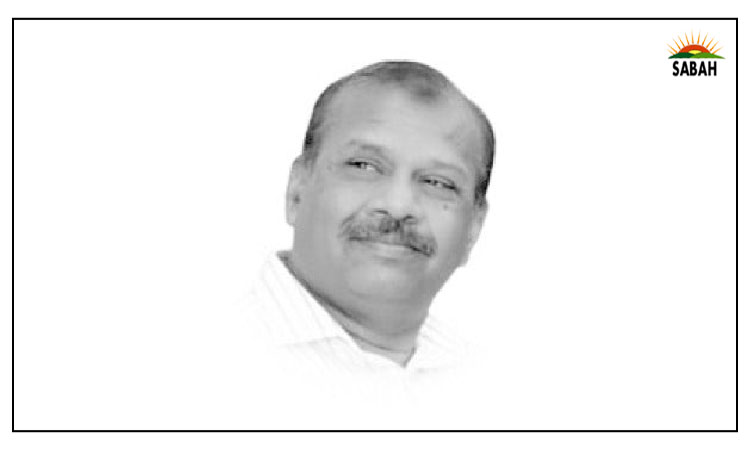Chairman FBR Asim Ahmad stresses upon the pivotal role of smooth port operations towards a robust national economy
KARACHI, Jan 22 (SABAH): Chairman Federal Board of Revenue (FBR) and Secretary Revenue Division Asim Ahmad visited Karachi Port and Large Taxpayers Office (LTO).
During his visit to South Asia Pakistan Terminal (SAPT) of Karachi Ports, the Chairman stressed upon the need for effective and speedy facilitation of national trade. SAPT, previously a part of Appraisement East, has recently been notified as a separate Appraisement Collectorate. The Chairman stressed upon the pivotal role of smooth port operations towards a robust national economy.
Asim Ahmad appreciated Pakistan Customs for its significant contribution towards achieving FBR’s overall targets despite the current import compression. He also acknowledged the efforts of Pakistan Customs to curb the menace of mis/under-invoicing by revolutionizing the valuation methods and assessment approach. CEO, SAPT, C.S. Kim briefed the chairman about use of modern technology & employing all available resources for maximising the output of the port. The Chairman also visited the sea terminal yards and berth areas where he was briefed about the port operations through practical demonstration.
Chairman FBR fully assured that the Government will make all-out efforts to address the trade related issues at the earliest. While chairing a meeting at LTO, Chairman FBR reviewed the performance of all Chief Commissioners with regard to targets assigned for the third quarter (Jan-March, 2023). Detailed presentations, outlining the projection and strategy for achieving the budgetary target for the third quarter were given by all Chief Commissioners Inland Revenue.
The Chairman directed all CCIRs to continue making endeavours to meet the budgetary target fixed for the current month. He underlined the need to facilitate and resolve pending issues of the taxpayers to enable them to contribute to the development of the country. The Chairman also directed CCIRs to make effective monitoring of sugar mills to ensure that there is no leakage of revenue.












